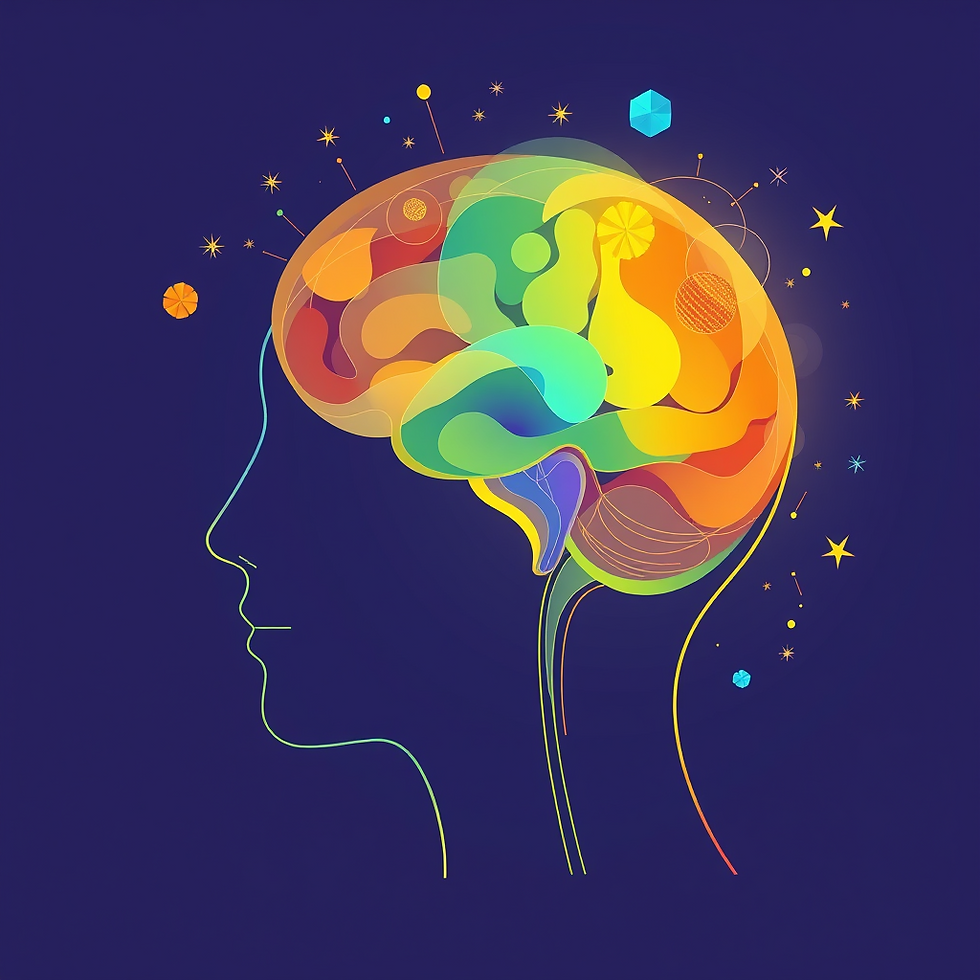Paradigm 🌀What can cause anxiety in people you least suspect?
- Kat Usop

- Jan 25, 2023
- 1 min read
Updated: Mar 19, 2023
Anxiety can be experienced by anyone, from any background, at any given time. It can be obvious or very well hidden. Anxiety can be caused by a variety of factors, including:
Genetics: Anxiety can run in families, suggesting that there may be a genetic component to the disorder.
Brain chemistry: Anxiety disorders are associated with changes in the brain, specifically in the levels of neurotransmitters, chemicals that transmit signals between nerve cells.
Environmental factors: Trauma, stress, and other negative life events can trigger anxiety.
Medical conditions: Anxiety can be a symptom of other medical conditions, such as thyroid problems, heart disease, and diabetes.
Substance abuse: Substance abuse, such as alcohol or drug use, can contribute to the development of anxiety disorders.
Personal characteristics: People who are sensitive to stress, easily overwhelmed, or have a tendency to worry may be more susceptible to anxiety.
Social factors: Social isolation, poverty, and unemployment are also associated with increased risk of anxiety.
It's important to note that anxiety can be a normal response to stress, and it can also be a symptom of an underlying medical or psychological condition. If you're experiencing symptoms of anxiety that are interfering with your daily life, it's best to consult with a mental health professional to determine the cause and the appropriate treatment.
Let's shed light upon the world of the mind
Found this valuable? Subscribe for more



Comments